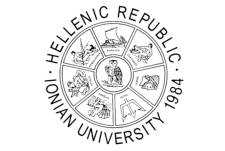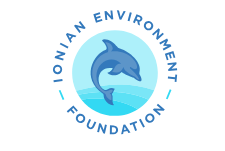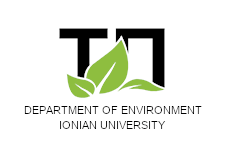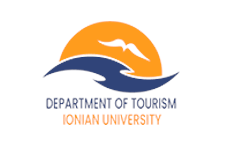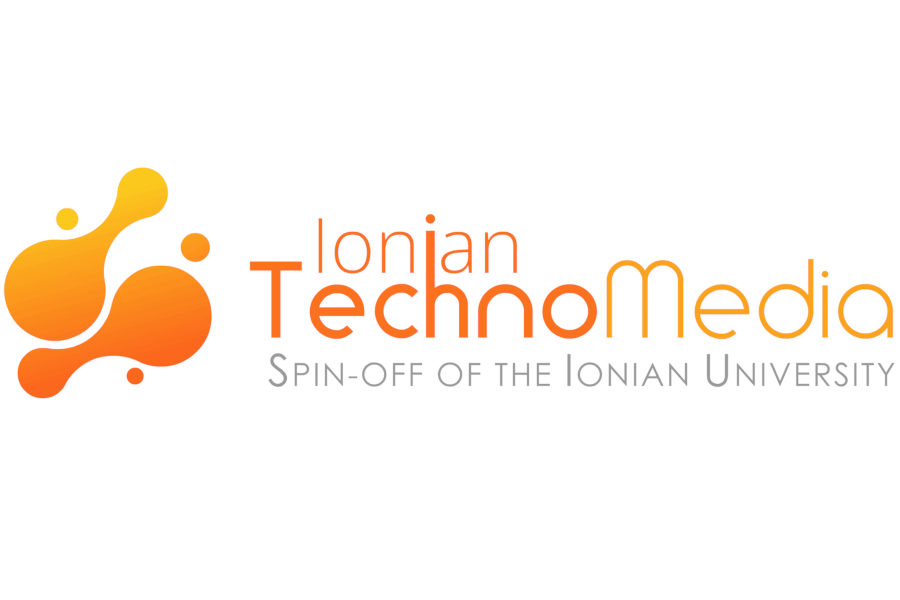The conference Towards Resilient Destinations: Integrating Nature, Culture and Tourism for Sustainable Futures (Nature, Environment, Sustainability and Tourism - NEST) will explore how destinations can build resilience while addressing environmental, social, and economic challenges. It brings together leading voices from academia, policy, and practice to discuss three key themes: nature conservation and climate resilience, cultural heritage and creative economies, and innovations shaping tourism futures. With a focus on the Mediterranean, while drawing lessons for the wider world, it aims to inspire new ideas, foster collaboration, and showcase pathways towards more resilient destinations.
As the Towards Resilient Destinations Conference (NEST) explores the balance between development and conservation, local examples are welcome. Erimitis, a largely untouched coastal area on Corfu’s northeastern coast, hosts forests, wetlands, and secluded coves, highlighting the ecological richness that underpins sustainable futures.
Official language: English.
Sub-themes
- Nature Conservation & Climate Resilience
This theme explores how destinations can build resilience through nature conservation, climate adaptation, and biodiversity protection. It addresses the role of scientist–practitioner collaboration, capacity-building, and digital tools in advancing sustainable management of Protected Areas. Contributions are also invited on sustainable tourism practices and nature-based tourism, with lessons from the Erimitis case in Corfu and other contexts offering valuable insights for the Mediterranean and beyond.
Topics may include, but are not limited to:
- Protected Areas (PAs), SDGs, climate adaptation, and biodiversity resilience
- Scientist–practitioner collaboration and co-design of nature-based solutions
- Capacity-building and training for conservation and sustainable tourism
- Data-driven and digital tools (AI/ML, GIS, remote sensing) for adaptive management
- Sustainable tourism practices in Protected Areas and nature-based tourism for strengthening resilience
- Lessons from the Erimitis case as a transferable model for Mediterranean and global contexts
- Cultural Heritage, Identity & Resilient Creative Economies
This theme examines the role of cultural heritage and creative economies in shaping resilient destinations. It covers heritage conservation and interpretation using digital, inclusive, and immersive methods, as well as applied historical research and intangible heritage. Particular emphasis is placed on creative economy pathways that generate equitable local benefits, alongside inclusive governance models and social impact assessment in heritage and creative sectors.
Topics may include, but are not limited to:
- Heritage conservation and interpretation, including digital, inclusive, and immersive approaches
- Applied historical and archival research for contemporary strategies
- Intangible heritage as part of local identity and tourism
- Heritage-led tourism and cultural routes as engines of resilience
- Creative economy pathways that generate equitable local benefits and strengthen resilient cultural systems
- Social impact assessment and inclusive governance models for heritage and creative sectors
- Innovations for Resilient Tourism Futures
This theme focuses on innovations that re-shape tourism systems for sustainability and resilience. It includes research on circular and low-carbon operations, ESG/SDG monitoring, governance and financing mechanisms, and digital tools for visitor management and mobility. We also welcome contributions on regenerative tourism models, policy and business innovations, and approaches to co-creation and participation that enhance visitor experiences while strengthening community and destination resilience.
Topics may include, but are not limited to:
- Circular and low-carbon tourism operations and supply chains
- Monitoring, reporting, and evaluation of environmental, social, and resilience outcomes (ESG, SDGs)
- Governance, financing, and partnership mechanisms for scaling resilient practices
- Digital visitor management, smart mobility, and real-time data applications
- Policy innovations and sustainable business models for resilient destinations
- Regenerative tourism models that go beyond sustainability
- Co-creation and participatory approaches for innovating visitor experiences and strengthening resilience


